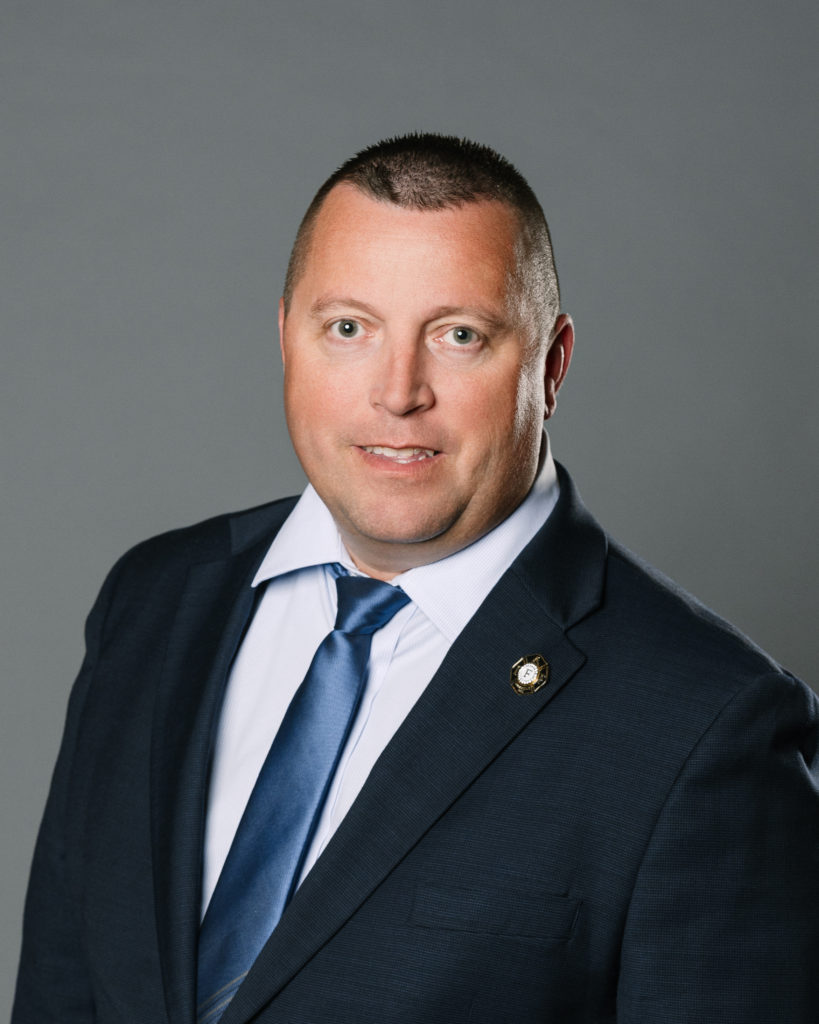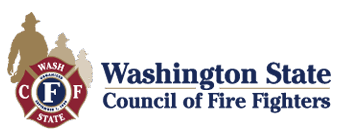
Casey Yeager, LI-66 Boeing Firefighters, was elected as the WSCFF 4th District Representative at the WSCFF 86th Annual Convention in June. Casey began as a volunteer fire fighter in Grays Harbor in 2001 and was hired as a career fire fighter in 2013. In 2016, he joined Boeing and has since served in local leadership, becoming President of LI-66 in 2019. In 2024, Yeager was selected as the WSCFF Federal and Industrial Board Liaison, a position created to represent the unique needs of Federal and Industrial locals and to create a better understanding of what the WSCFF can do for them. He is a graduate of the IAFF 7th District Executive Leadership Series.
Locals: 1352 Valley Regional Fire Authority, 1461 Burien, 1747 Kent, 1758 Ellensburg, 2024 South King, 2595 King County Medic One, 3186 Mountain View Fire & Rescue, 3931 Enumclaw, 4189 Vashon, 4880 Upper Kittitas M-1, I-66 Boeing Firefighters, I-98 Tri-Med EMTs.
Legislative Districts: 5, 11, 13, 31, 33, 34, 47.
Congressional Districts: 7, 8, 9.
How did your experience in the Federal and Industrial Liaison position shape your understanding of the broader needs of WSCFF members in District 4?
Serving as the Federal and Industrial Liaison gave me a unique lens into how diverse our membership truly is. These locals often face challenges that differ in scale, structure, and resources from traditional municipal departments, but the core needs remain the same: representation, advocacy, and access. The role helped me better understand how important it is to tailor support while maintaining solidarity across the broader WSCFF. That experience has been a foundation for how I approach leadership in District 4.
Were there any specific moments or issues during your time as liaison that motivated you to run for the District 4 Representative position?
Yes. One defining issue was hearing directly from members in both large and small industrial locals who felt disconnected from the broader union structure, not from lack of care, but from a lack of representation. That lit a fire in me. I realized that my experience in navigating those gaps could bring real value to a wider district. I wanted to continue building bridges, not just between locals and leadership, but between ideas and action.
As the newly elected District 4 Representative, how are you approaching the shift from representing a specialized group to serving a wider and more diverse district?
The approach is grounded in listening first. District 4 is incredibly diverse, and that means no one-size-fits-all solution will work. My goal is to be visible, responsive, and proactive, whether that means supporting staffing initiatives in suburban departments or navigating unique bargaining concerns in smaller communities. I’m carrying forward the relationship-based mindset from my liaison role and applying it at a district level where collaboration and consistency are key.
What are some unique needs or priorities you’ve identified within District 4 that you’re looking forward to addressing?
Union education on all political levels and members engagement politics, driving home the impotence of legislative engagement with our newest members, education on labor and access to mental health support are recurring themes across the district. But there’s also a growing need to strengthen internal leadership pipelines and empower more members to take an active role in union work. I’m particularly focused on making sure every local, regardless of size or structure, feels seen, supported, and heard.
What does effective union leadership look like to you?
Effective union leadership is rooted in service, not ego. It’s about showing up, asking questions, doing the work, and making decisions that serve the long-term good of the membership, even when they’re not the easiest or most popular. It’s also about mentorship, lifting up others and ensuring our future leaders are better prepared than we were. For me, leadership is a responsibility and a privilege.
What advice would you give to members looking to get more involved with the WSCFF?
Start small, stay curious, and don’t underestimate the value of your voice. Talk to your neighbors, build your locals, attend meetings, and be proactive, join a committee, or just reach out with a question – those small steps matter. And if you don’t see a place for yourself in the existing structure, that might mean you’re the one who’s meant to help shape it. There’s always room at the table, and we’re stronger when more voices are present.
The WSCFF congratulates Casey on his new role and appreciates his ongoing dedication and service to our organization.
